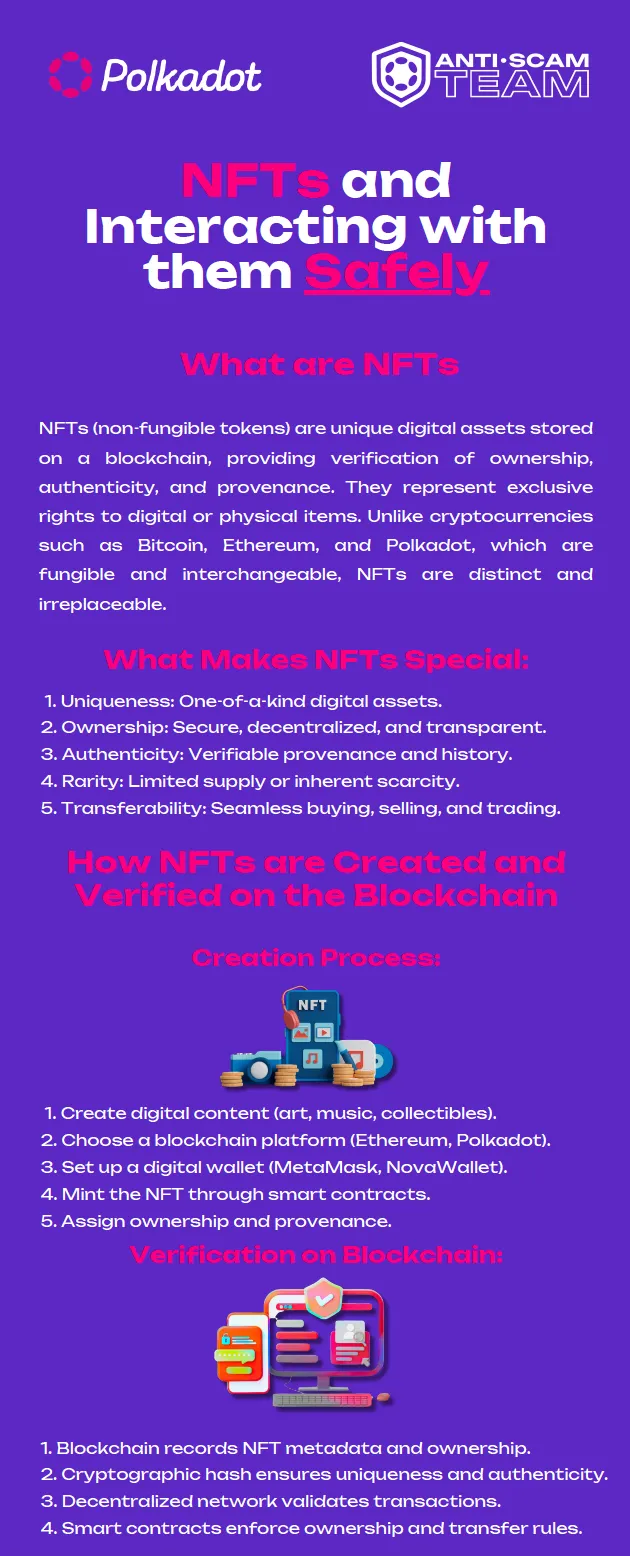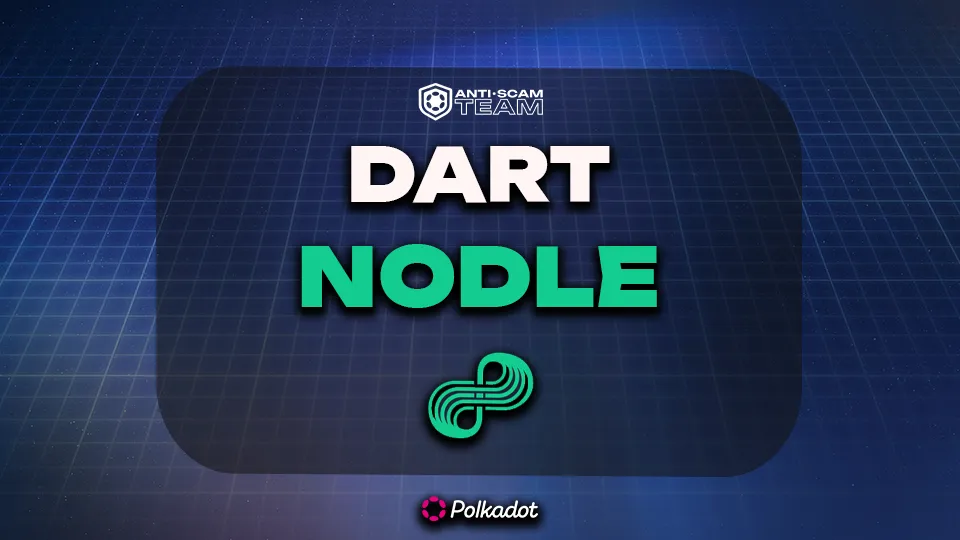Pulse Network Overview
Pulse Network is a Web3 AI-enhanced medical care protocol on the Polkadot Network, aiming to improve patient outcomes by creating a global database of medical expertise. It facilitates data collection (electronic medical records, biometric data, etc.) and shares best treatment practices using AI and blockchain to ensure secure, immutable healthcare data.
Team Composition and Transparency
Pulse Network is led by Kazuo Morishige (CEO) with experience in healthcare consulting, Minoru Mogi (CFO) with a strong financial background, Dr. Souichiro Asanami (COO) specializing in dentistry, and Toshifumi Oda (CBO) with expertise in engineering and healthcare. The project is supported by advisors in medical supervision and intellectual property, though some transparency concerns arise due to limited public verification of credentials and lack of social media visibility.
GitHub and Code Quality
The Pulse Network’s GitHub repository is not publicly accessible, raising concerns about open-source practices, code activity, and software development standards. While understandable given the sensitivity of medical data, some open-source documentation could enhance transparency.
Social Media and Community Engagement
Pulse Network’s social media presence is inconsistent. Its X account has 15,000 followers but low engagement, while Medium shows better interaction. Telegram activity is minimal, with concerns over bot reliance and admin inactivity. The absence from platforms like LinkedIn and Facebook adds to credibility issues.
Business Model and Risk Factors
Pulse Network’s business model focuses on providing interoperable EMR systems and AI diagnostics, targeting healthcare providers, insurers, and patients. The staking mechanism incentivizes use, but adoption challenges persist, especially in the conservative healthcare sector. Growth prospects are strong in Asia, though widespread adoption and profitability hinge on effective stakeholder engagement.
Conclusion and Rating
Pulse Network shows potential in decentralized AI healthcare with a solid team and ambitious vision. However, verifiability, community engagement, and transparency need improvement. The business model is a strength, but industry adoption hurdles remain. The project scores 3 out of 5 stars, with recommendations for stakeholders to monitor developments in code quality, community strategies, and network security.




